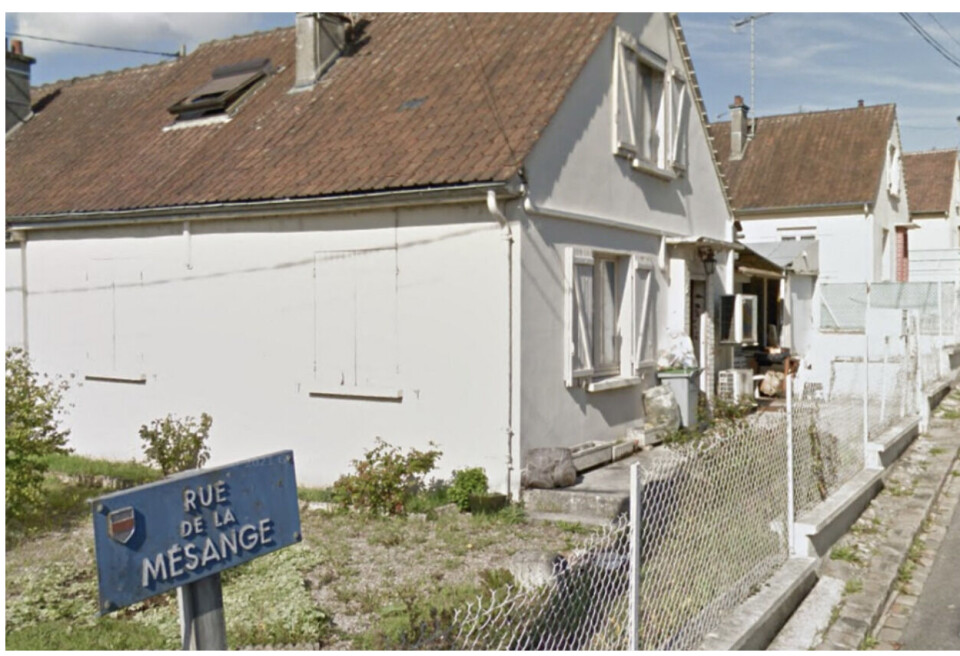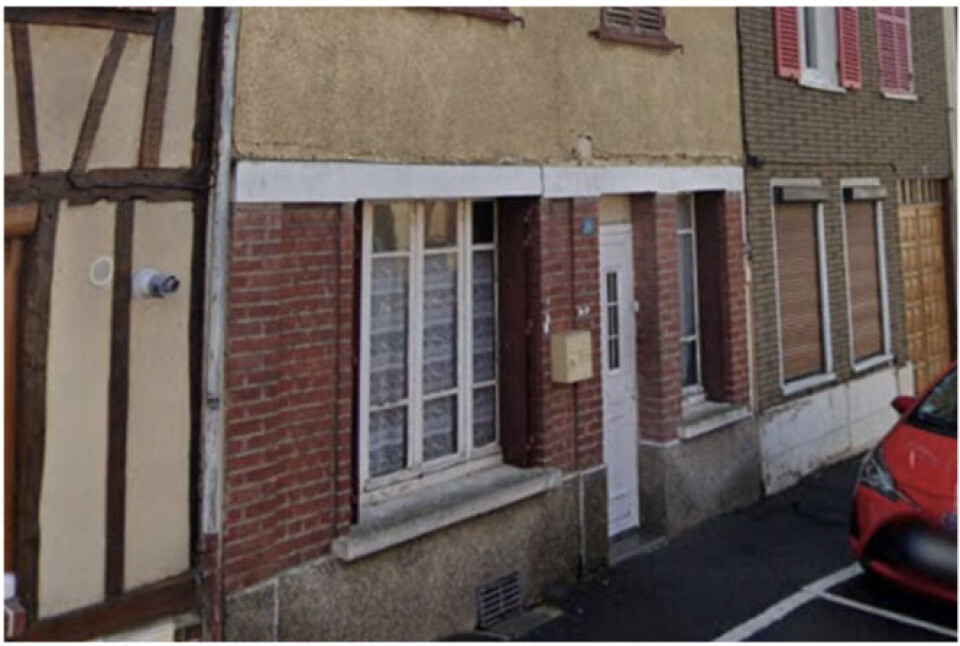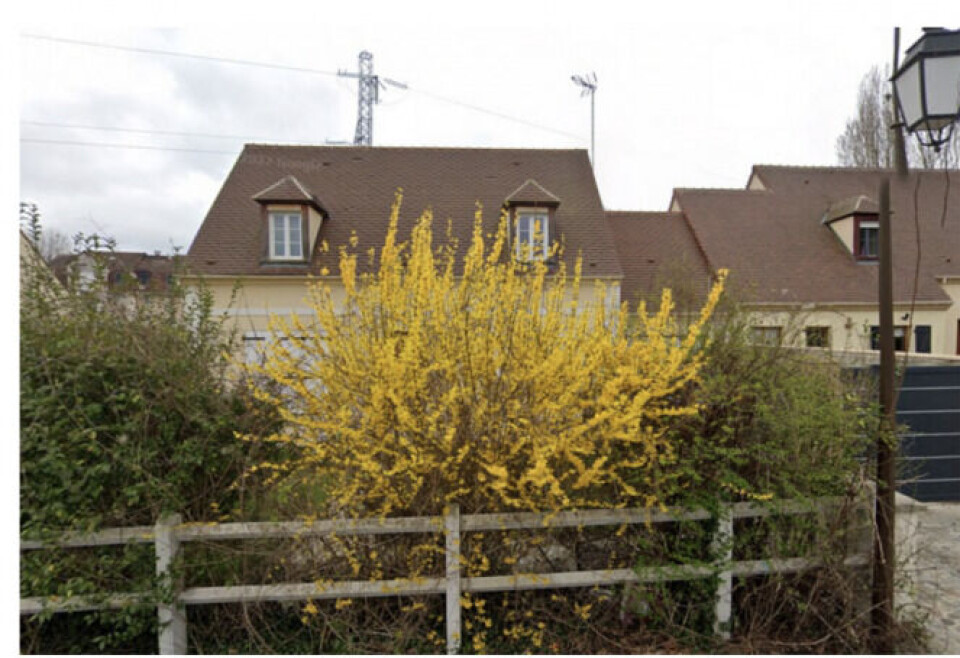-
Does a pool still add value to French property despite water restrictions?
An increased selling price might look attractive but do not forget running costs, increased taxes and water bans
-
Where in Paris is property becoming more affordable?
Seven arrondissements have now fallen below the €9,000 per square metre bracket
-
Large increase in Americans buying property on the Cote d’Azur
President Trump is cited as a major factor, but is not the only reason for the area’s popularity
Detached French house to be auctioned with reserve price of €8,000
The Oise property, which is said to require some renovation work, is being sold in a judicial auction, in which members of the public can bid through a lawyer

A series of judicial auctions of houses with low reserve starting prices in the Oise department has caused a flurry of interest in the French media.
One of the houses, due to be auctioned on January 3 at the tribunal judiciaire of Compiègne is a detached house, in the town of Noyon, occupied by a tenant, which has a reserve price of just €8,000 (see picture above).
Details in the description point to some work which needs to be done.
Another, a four bedroom town house in the town of Breteuil is in good condition and has a reserve price of €36,000, while a third, a new looking house on the edge of a communal forest at Verberie has a reserve price of €120,000.

This four bedroom house in Breteuil in the department of Oise is for sale at €36,000. Credit: Google streetview
Details of the reasons behind the sale are difficult to come by.
The tribunal at Comiègne told The Connexion that it knew only that the sales, handed by a so-called ‘Jex’ judge in charge of executing judgements from other courts, “were probably” the results of banks calling in loans from bad payers.
Judicial auctions of this type are common in France, with newspapers like Les Echos, the main financial paper in the country, having pages most weeks, usually on a Thursday, given over to advertisements.
It is possible for individuals to bid for the houses but the procedure usually involves having an avocat (lawyer) bidding for you.
The actual auctions are held in open court and the public can attend.

The judicial court will sell this house of 130 m2 on January 10th with a price of €120,000. Credit: Google streetview
How do houses end up at judicial auctions?
There are three ways that houses can end up being sold at judicial auctions.
The most common is by a court order at the request of an individual or a company owed money, as in a bank trying to get back a housing loan turned sour.
The second is through the bankruptcy courts, where a person or a company declared bankrupt has property which the court sells to repay debts.
The third is through inheritance or divorce disputes, where the people involved cannot reach agreement and the court forces the sale through.
Usually reserve prices are fixed at 60% of the estimated value of the property, but, as appears in the Oise cases, this does not always happen, which means, in spite of the hoops to jump through, some individuals decide to bid.
Land fees are slightly lower in judicial auctions, transfers are done without a notaire, and the transaction is rapid, usually completed within a day or two of the sale.
Against the advantages are some disadvantages – as stated above, individuals usually cannot bid on their own and have to do so through an avocat.
How does a judicial auction unfold?
Although there are now some specialised websites, run by avocats, most judicial auction advertisements are only found two months before the auction in specialised press, like Les Echos, on the official notice boards of tribunals, and on formal notices displayed in front of the property.
Visits to inspect the properties are regulated and organised by a huissier (bailiff) at fixed times and dates, sometimes for many people at once.
Certificates like the diagnostic de performance énérgetique (DPE) energy efficiency surveys, and official descriptions of the property are kept in the tribunal, and can only be consulted through the avocat of the sale or your own avocat.
Read also: €1,000 energy audit to be needed for sales of millions of French homes
If you bid and are successful, you are legally bound to go through with the sale – if you need a bank loan and it does not come through, you are still responsible for paying the price within two months of the sale.
In any case, the avocat who bids on your behalf will have to tell the court they have a bank cheque for 10% of the bid price, another cheque equal to the likely transaction costs and taxes, a written agreement as to the maximum you can bid, and an attestation from you that you do not have a criminal record.
And of course he or she will want their own fee, which will be one quarter of the fee for the buying avocat, with the three quarters going to the selling avocat.
These fees are on a sliding scale, starting at 3.8% of the selling price for the first €6,500 to 0.79% for above €60,000.
Transaction fees are broken down as 5.8% of the sale price to register the sale, and fees associated with the sale, which will only be known on the day of the sale.
These cover things like paying for the huissier visits, certificates like the DPE, and advertisement costs, and are usually between €2,000 and €5,000.
Overall the usual guideline is that fees paid by the buyer are between 10% and 15% of the sale price.
Anyone interested in one of these properties should contact the tribunal involved and ideally visit it to look at the adverts and get the number of the selling advocat / huissier for a visit - or find the newspaper / internet advert which corresponds. You can always check out what properties are for sale at your local tribunal.
Related articles
Best value heating options, renovation issues: French property updates
France looks to make eco-renovations easier for flat owners
French property watch: More new builds than bargains in affluent Isère
























